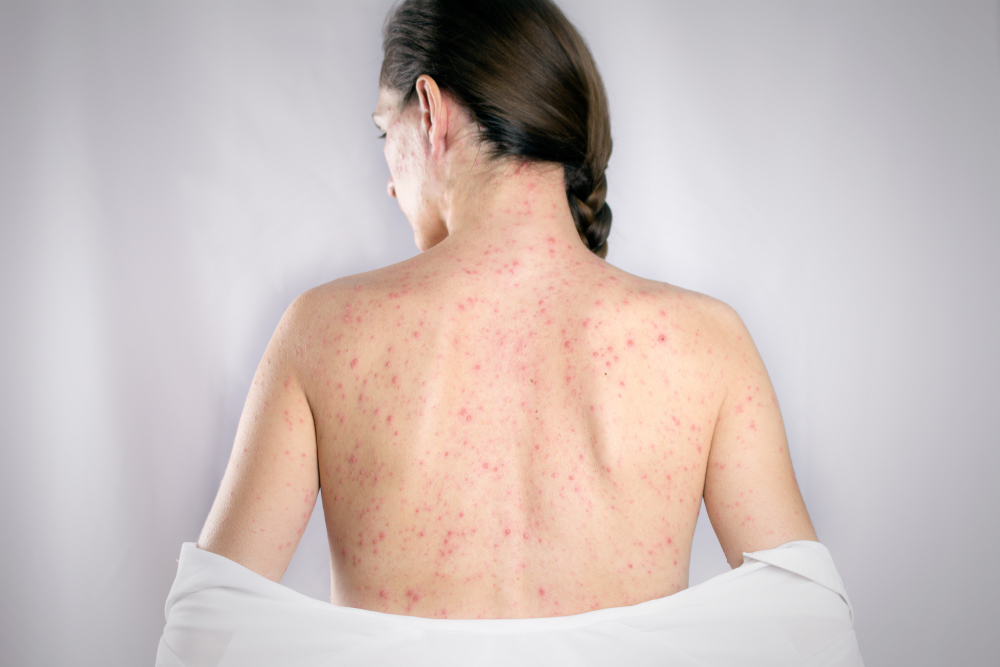Health Officials are urging anyone who is likely to travel to Japan in the coming months to take adequate measures to protect themselves against rubella.
Rubella, also known as three-day measles, is spread through the coughing and sneezes of people who are already infected. Symptoms include a rash, sore throat, fatigue and fever that typically lasts three days.
The country is currently experiencing its worst outbreak of the illness with 2,454 cases being confirmed as of early December, a figure which is a shocking 21 times the total number reported last year.
The outbreak is centred on Tokyo and the surrounding prefectures of Kanagawa, Chiba and Saitama, according to the Atlanta-based Centres for Disease Control and Prevention.
With Japan set to host the Rugby World Cup in 2019 and the Olympic Games will be staged in Tokyo in 2020 there is growing concern that similar outbreaks over the next two years could expose tens of thousands of foreign visitors to the disease.
Women in the early stages of pregnancy are particularly at risk and a mother can pass in congenital rubella syndrome (CRS) to her unborn baby. This can lead to problems such as defects in the heart, eyes, brain or ears.
Studies indicate that vaccination is 95 per cent effective and here at Harrow Health Care Centre, we offer the vaccination as part of our travel clinic.
To find out more about the full range of travel vaccinations we have available go to https://harrowhealthcare.co.uk/our-services/travel-clinic/



